巴适 #1 Blind Massage on the East Side
巴适 Básì means awesome, great, spiffing, far out, dope in Sichuanese, and is Chengdu-Expat’s new guide to exploring Chengdu’s cracks and crevices. Written by a long-time Chengduer, this monthly column will cover whatever this ardent explorer thinks the city simply must know. 走 zǒu!
A massage. One of the great things about living in Asia is its abundance, in terms of styles, types, and how it’s not reserved only for the upper crust as it’s available to all walks of life. I certainly enjoy a fancy schmancy aromatherapy massage in a serene environment with the sounds of the ocean wafting around the room. But what I’m most used to for my everyday wellness in Chengdu is what every neighbourhood had over a decade ago: blind massage. Teaching blind people to do massage is one of the only ways that Chinese society has traditionally supported blind people to manage their own livelihoods, and it has roots in hundreds of years of history.
Although day spas offering massage and other treatments from sighted practitioners have proliferated in the city in the past decade, you can still find small neighbourhood spots with at least a handful of beds for full body massage. I like them because they’re more likely to have practitioners with decades of experience who can really ‘read’ your body and figure out the best way to help you, and as a bonus, they’re also a lot cheaper.
These places offer TCM massage, or ‘推拿tuīná’, meaning push/pull. For a typical massage, you remain fully clothed the entire time, and the masseur works all your muscles one by one. Tuina is not the kind of massage that makes you go to sleep like a baby, it’s serious pressure and is intended to work all your pain and tightness out in order to restore balance to the body, like it or not.
It can be painful at times, but I’ve learned through experience that enduring a little pain makes me feel loose and stress-free for days afterwards. It’s like the heroine in the classic Zhang Yimou film, Raise the Red Lantern (pictured above). When her new husband requires her to have regular foot massages, at first she winces at the pounding on her feet, but after a while, she enjoys the process and is able to relax. So if you’re not used to it at first, don’t write it off!
You can still ask for your masseur to give you lighter pressure, it just won’t do much for stress or tightness as its benefits pretty much only last the length of the massage. If you want the full benefits, try working your way up to it with a little more pressure each time you go. So, to my favourite spot in Chengdu, where I’ve been going for over five years: the Chengdu Niushikou Blind Massage School (成都市牛市口盲人按摩(学校)医院), which is coming up on its 45th anniversary!
It’s an unapologetic no-frills establishment, tucked away on a quiet street just inside the east section of the 2nd ring. The building is a grey danwei-style block of four floors with a messy courtyard in the middle. The top floors are for teaching, where students study for at least six months before they’re allowed to treat customers on the bottom two floors. It certainly looks like it’s been around for over forty years, and although shabby, it’s clean and the beds always have fresh linens.
If I’m feeling like I want to really treat myself, I might ask for a private room on the second floor. These rooms have only two beds each, a little seating area, and a TV, and to splurge for an hour massage will cost you 90 RMB. Most of the time, though, I go for an hour massage for 60 RMB in one of the three main rooms on the ground floor with five or six beds in each.
Maters in waiting
In the summertime, only some of the rooms have the A/C on. I remember the first time I went when it was hot and sticky, and the lady at the front desk asked if I wanted kongtiaoor not. I said I absolutely did, and she warned, “But it’s an extra 3 kuai!” and I consented, thinking ‘You know, what? I’m gonna treat myself’ while stifling a giggle. Prices have gone up since then and if you want a cool room you have to shell out a whole 5 RMB last I checked. Customers are typically from the surrounding neighbourhood, mostly men over 40, although you do regularly see women. While I do enjoy peace and quiet during a massage, I also enjoy observing the interactions of the people in the communal atmosphere of the main massage rooms.
Both the customers and the masseurs (there are few masseuses) chatter away all day long, and I’ve heard lots of funny stories this way—that is, when I’m really concentrating because this is totally a Sichuanhua-only environment. Topics include buying and selling a house, raising kids, finding spouses for your kids, politics, the price of vegetables, dog grooming, you name it, not much is off the table. When everyone is lying down with their eyes closed or standing and not able to see anyway, you get to eavesdrop on a day in the life of a typical Chengdu resident in a way that usually being the only foreigner in the room doesn’t afford you.
They have a full menu of other massage and TCM treatments, like scraping, cupping, acupuncture, and so on, but I confess, I’ve never tried them, mostly because I’m always on my way to something else and only have an hour to spare. Unlike other places I’ve been to, they don’t push me to add on extra services, which is really nice, but I really should take the time one of these days!
The Chengdu Niushikou Blind
Massage School
(成都市牛市口盲人按摩(学校)医院
成都市锦江区牛市口路42号
– key –
Price
Pianyi (under 100 kuai) __ Haikoyi = 100-300 kuai __ Hao gui = 300+
Comfort zone
China Newbie __ Know how to eat hotpot without help __ Make your own hotpot at home __ Lao Chengduren
Level of Chinese
Ting bu dong __ di dianr __ lihai __ bixu shuo Chengduhua
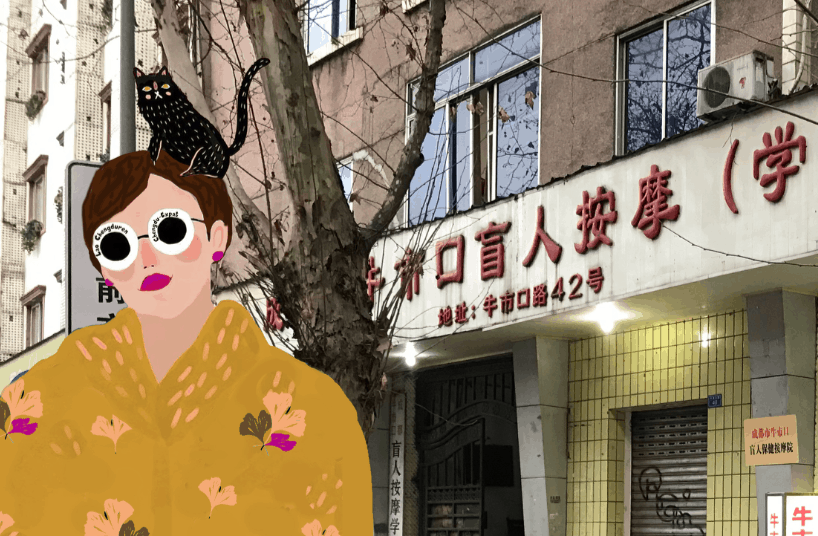
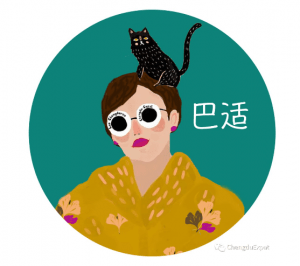
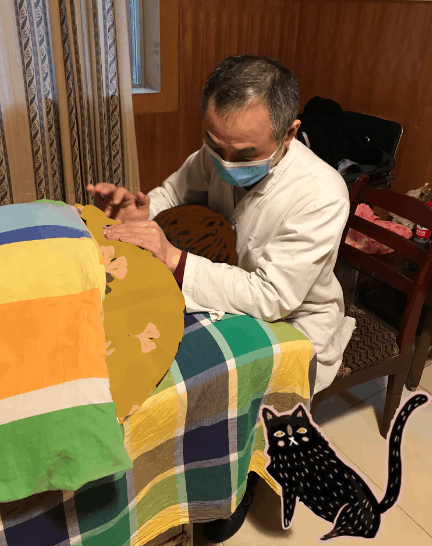
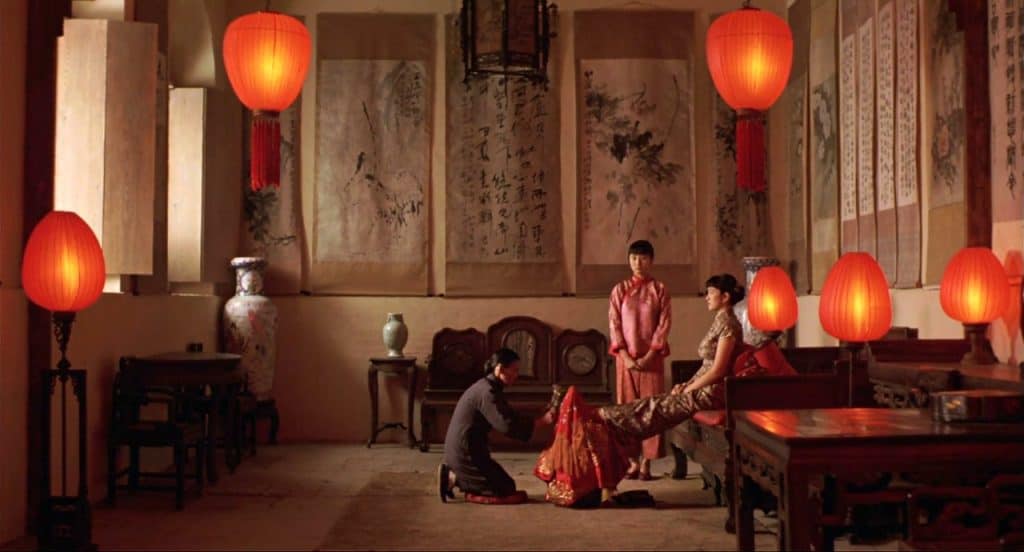
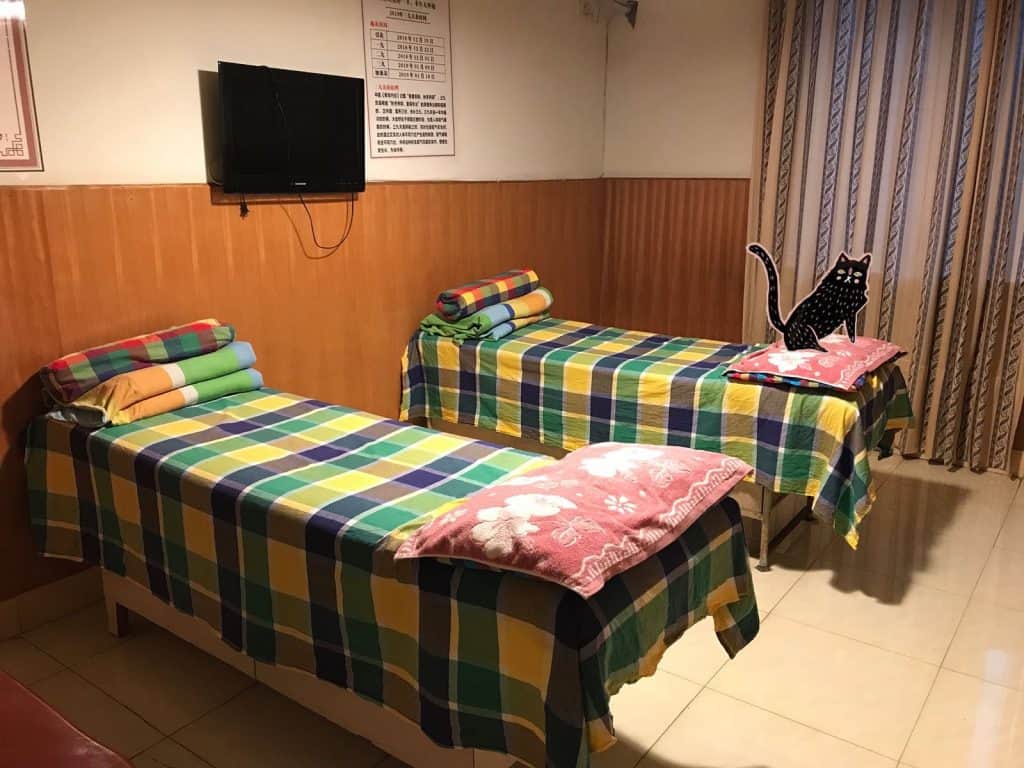
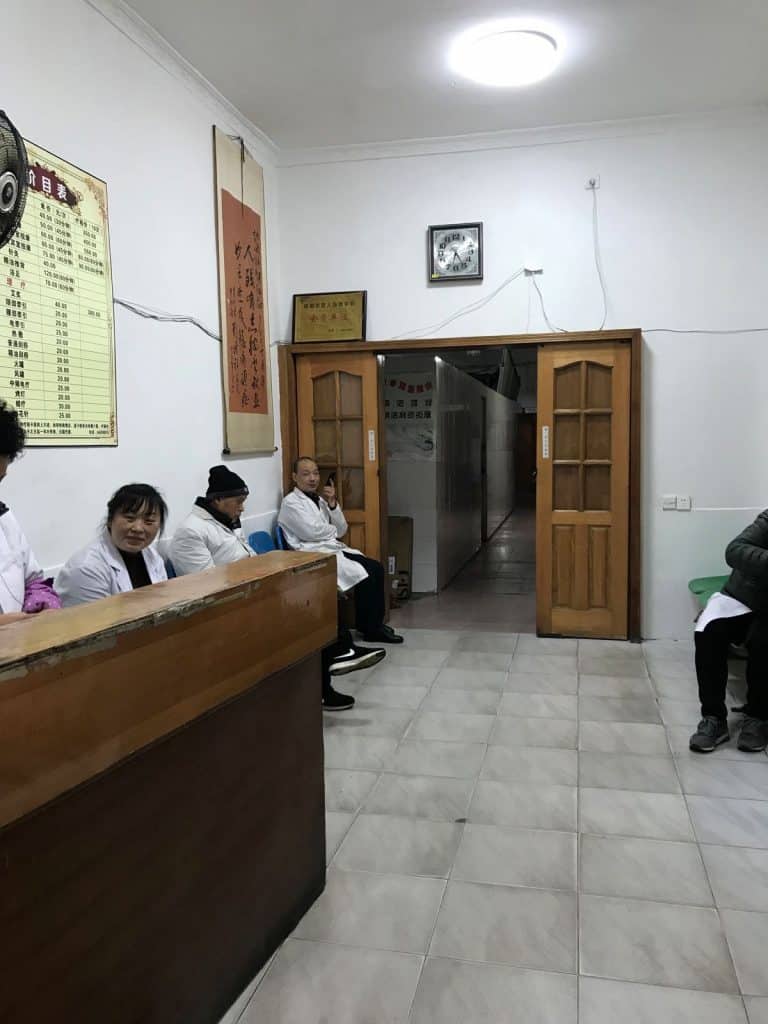
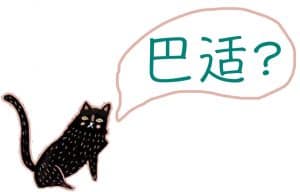
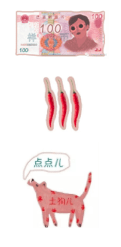






Pingback:巴适 #2 Basi de Art Street Chengdu | Chengdu-Expat.com